Future After BAMS Course
Aims & Objectives
Ayurveda (Sanskrit: आयुर्वेद, Āyurveda; āyus ‘life’ + veda ‘(sacred) knowledge’) is the traditional Hindu system of medicine. It is regarded as the Upaveda or sub-scripture of the Athrva-veda. Ayurveda medicine, is a system of medicine with historical roots in the Indian subcontinent. Globalized and modernized practices derived from Ayurveda traditions are a type of complementary or alternative medicine. In the Western world, Ayurveda therapies and practices (which are manifold) have been integrated in general wellness applications and as well in some cases in medical use. It’s based on the belief that health and wellness depend on a delicate balance between the mind, body, and spirit. Its main goal is to promote good health, not fight disease. But treatments may be geared toward specific health problems.
Origin of Ayurveda is attributed to Lord Dhanvantari, the physician to the Gods as per Hindu mythology. It is believed from the astronomical records in ancient Vedic texts that Ayurveda, was in practice even before 4000 BC. Hence, it is evident that Ayurveda was very mature and predominant in India thousands of years ago.
The main classical Ayurveda texts begin with accounts of the transmission of medical knowledge from the Gods to sages, and then to human physicians. The most important Ayurvedic texts are the Charaka Samhita, Susruta Samhita and Ashtanga Hridayam. These texts analyse the human body in terms of earth, water, fire, air, and ether as well as the three energy channels (Tridosha: Kapha, Pitta, Vata roughly translated as – water, fire, and air). Balance of the doshas results in health, while imbalance results in disease.
Main objectives of Ayurveda have been divided into two aspects namely:
- Swasthasya Swathya Rakshanam – To protect and maintain the health of a healthy person (Preventive and Social medicine)
- Aturasya Vikar Prashamanam – To treat the disease and giving relief to sick person (Therapeutics)
As defined by World Health Organization (WHO), “Health is a state of complete physical, mental and social well-being and not merely the absence of disease or infirmity.” It is a resource for everyday life, not the objective of living. Health is a positive concept emphasizing social and personal resources, as well as physical capacities. A healthy society is a gathering of individuals and families living in different level. Air (Oxygen), food, water, clothes, habits, hygiene, exercise, shelter, rest, and different other entities influences health.
The purpose of Ayurveda is to protect the health of the healthy and to alleviate disorders of the diseased. Ayurveda has two different aspects viz., the Preventive aspect and the Curative aspect.
- The Preventive aspect deals with methods, recommendations, and ways of life, which if adopted and followed religiously from the beginning, can boost the strength and resistance of human beings physically, mentally, and emotionally in such a way that they can protect themselves from diseases.
- The Curative aspect deals with providing relief to the diseased. Ayurveda recommends the use of several herbs, massages, and therapies etc., and even recommends subtle alterations to dietary habits and lifestyle, for an affected individual to get back his/her state of good health.
Graduate training prepares you for a research career in institutions from health, medicine, agriculture and environmental sectors. Apart from that, pharmaceutical, food and beverages sectors also recruit graduates in a big way. Students interested in postgraduate studies have as many as 20 specialized fields to select from. This can be attained by pursuing courses leading to Master`s of Medicine (MD-Ayu) / Master of Surgery (MS-Ayu) degree. Some of the popular specializations are Kaya Chikitsa, Panchakarma, Drayyaguna, Salya, Salyaka and Prasutitantra, Rasasatra and Kshar Sutra. Apart from MD specialization you can also go for PG Diploma programmes.
Research programme like PhD is essential for taking up research at various institutions. Some of the institutes that offer doctorate programmes include Central Council for Research in Ayurveda and Siddha ( CCRAS ), Tilak Ayurveda Mahavidhyala and National Institute of Ayurveda ( Jaipur & Jamnagar )
- Government hospitals and privately-held ones are endowed with well-equipped Ayurvedic units.
- Ayurvedic doctors also set up their independent clinics along with retailing of Ayurvedic medicines.
- Ayurveda doctors are employed at various wellness centres. Integration of Ayurveda with wellness therapies at resorts & spas.
- Supervisory and research roles with pharmaceutical industry like, Dabur, Zandu, Himalaya and Arya Vaidya Sala.
- Ayurveda doctors are employed for drug research, various companies grant scholarships to deserving students.
NOTE: To be able to practice Ayurveda, BAMS degree holders must be registered at the respective state council to abide with the Indian Medical Central Council Act. The registration with Central Council of Indian Medicine (CCIM) IS necessary for a national wide practice.
Future after BAMS
A BAMS doctor can work in following sectors after the completion of the degree:-
- General Practice
- Research
- Hospital and Healthcare Administration
- Teaching professions
- Health Supervisor
Career Options after Bachelor of Ayurvedic Medicine and Surgery
Today we are having a lot of opportunities available for BAMS graduates. These are the fields that are available for a BAMS graduate to build a career successfully:-
- General Practice / Clinical practice.
- Research / Academic / Teaching.
- Hospital and Healthcare Administration.
- Drug Manufacturing.
- Health Supervisor
Future Degrees after BAMS
A BAMS doctor can go for following degrees after the completion of the degree:-
- MD/MS(AYURVEDA)
- MBA (Hospital Healthcare Management)
- MPH
- M. Sc Health Sciences
- M. Sc Nutrition
Miscellaneous
Students can also go for Medical transcription, medical tourism, medical event management, medical journalism, medical photography and documentation. BAMS graduates can complete LLB and work as legal medical advisor and there lies is a great potential in manufacturing of equipments required for Ayurvedic treatments like Panchakarma.



